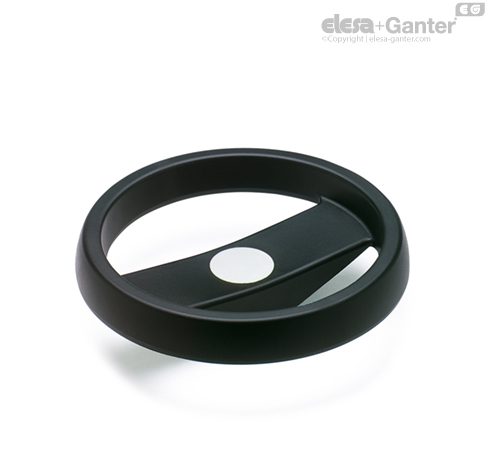Handwheels are essential mechanical components used in various industries for precise control and adjustment. A handwheel is a manually operated wheel designed to facilitate movement, positioning, and regulation of machinery, tools, and equipment. Durable & Ergonomic Handwheels for Precise Control & Grip provide ease of use, comfort, and efficiency in industrial and commercial applications.
Understanding the Importance of a Handwheel
A handwheel is commonly found in machines, instruments, and devices that require manual operation. It is used to control the movement of shafts, spindles, and other mechanical parts. The design and material of a handwheel determine its durability, grip, and functionality. Durable & Ergonomic Handwheels for Precise Control & Grip are designed to provide users with a firm hold, reducing hand fatigue and improving performance.
Features of a High-Quality Handwheel
- Ergonomic Design: The shape and grip of a handwheel play a significant role in user comfort. Ergonomically designed handwheels reduce strain on hands and wrists.
- Durable Material: High-quality materials such as cast iron, stainless steel, aluminum, and reinforced plastic ensure the longevity of a handwheel.
- Smooth Operation: Precision engineering allows a handwheel to rotate seamlessly, enabling effortless adjustments.
- Corrosion Resistance: Many handwheels come with a protective coating to prevent rust and deterioration.
- Various Sizes & Styles: Handwheels are available in different diameters and configurations to suit specific applications.
- Secure Grip: Textured surfaces, handles, or spoked designs enhance the grip, allowing users to operate machinery with confidence.
Applications of a Handwheel
A handwheel is used across numerous industries, including manufacturing, automotive, medical, and laboratory equipment. Durable & Ergonomic Handwheels for Precise Control & Grip serve essential functions in the following applications:
Industrial Machinery: A handwheel is integral to lathes, milling machines, and CNC equipment. It provides manual control over positioning, adjustments, and locking mechanisms.
Valves and Pipelines: A handwheel is commonly used in water supply systems, gas pipelines, and industrial valves to regulate fluid flow efficiently.
Medical Equipment: Medical devices, such as hospital beds and diagnostic instruments, often utilize a handwheel for precise movement and positioning.
Automotive Industry: In automotive repair and maintenance, a handwheel is found in lifting mechanisms, jacks, and other adjustment tools.
Food Processing Equipment: Many food processing machines include a handwheel for controlling cutting, grinding, or mixing operations.
Choosing the Right Handwheel
Selecting the appropriate handwheel depends on factors such as material, application, and size. Here are key considerations when choosing Durable & Ergonomic Handwheels for Precise Control & Grip:
- Material Selection: Metal handwheels provide strength, while plastic handwheels offer lightweight durability.
- Diameter & Size: Larger diameters allow for better control, while compact sizes suit smaller equipment.
- Mounting Style: Some handwheels are fixed, while others have removable handles for added convenience.
- Environmental Conditions: Exposure to moisture, chemicals, or extreme temperatures may require specific coatings or materials.
- Load Capacity: The strength of a handwheel should match the application’s operational demands.
Maintaining a Handwheel for Longevity
To ensure a handwheel remains in optimal condition, regular maintenance is crucial. Follow these steps to maintain Durable & Ergonomic Handwheels for Precise Control & Grip:
- Cleaning: Wipe the handwheel to remove dust, debris, or oil buildup.
- Lubrication: Apply lubrication to moving parts for smooth operation.
- Inspection: Check for signs of wear, cracks, or corrosion and replace if necessary.
- Proper Storage: Store equipment with a handwheel in a dry environment to prevent rust.
- Avoid Overloading: Using a handwheel beyond its load capacity can lead to damage.
Conclusion
A handwheel is an indispensable tool in many industries, providing manual control, precision, and ease of operation. Durable & Ergonomic Handwheels for Precise Control & Grip ensure efficiency, reliability, and user comfort. By selecting the right handwheel and performing regular maintenance, businesses and individuals can maximize performance and extend the lifespan of their machinery. Whether used in industrial machines, medical devices, or automotive applications, a well-designed handwheel plays a crucial role in ensuring seamless functionality.


